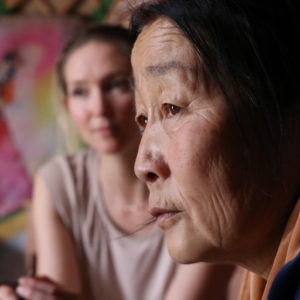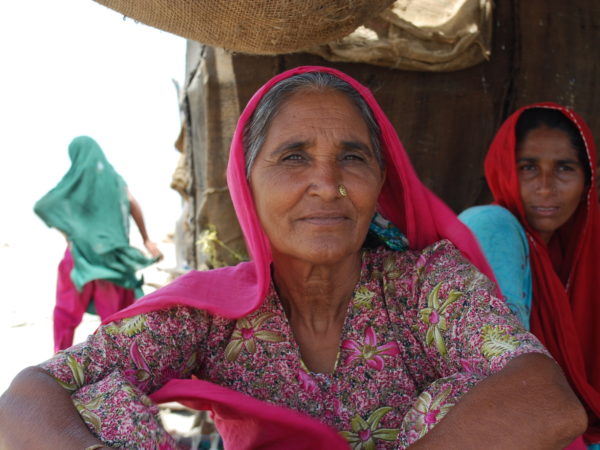Strategy
Accountability Counsel strives to create a world where people and our planet are prioritized over profits; powerful institutions are responsive to the needs of communities; and the global financial system respects human and environmental rights.
 We hold trillions of dollars in international investments accountable to human rights and environmental standards.
We hold trillions of dollars in international investments accountable to human rights and environmental standards.
Money matters and presents a critical leverage point to ensuring justice. Behind every project fuelling environmental and human rights abuses is a complex investment chain enabling that project to happen.
We work alongside communities whose rights, livelihoods, and environment are under threat. Case by case, and investor by investor, we shift power to communities to build a more just financial system.
Accountability Counsel’s model defends human rights, demands climate justice, and strengthens community power.
- Community cases drive direct impact: Our accountability experts work alongside communities to halt harmful investments, redesign them to respect rights, and negotiate remedy when they cause harm.
- Research exposes patterns of harmful investment: We conduct data analysis and qualitative research to contextualize our casework and illuminate systemic barriers to accountability – equipping us and others to better understand the system we are working to change.
- Policy advocacy changes systems at scale: We leverage lessons from our casework and research to strengthen the systems, safeguards, and practices at investing institutions so that they are responsive to communities, respect their rights, and protect the environment.
Organization-wide priorities for 2024 and 2025
Since our founding, Accountability Counsel has supported 132 communities to demand justice, pushed 95 institutions to commit to accountability, and ultimately shifted power to 3.2 million people worldwide.
As we look ahead to 2024 and 2025, we are excited to deepen our core work using and reforming accountability mechanisms to hold international financial institutions accountable to the communities they harm while expanding accountability into financial institutions that currently lack adequate accountability channels. We are seeing the nascent fruits of our efforts over the past five years to bring accountability to Chinese financing overseas, impact/ESG investors, and climate financiers – with new accountability mechanisms coming online and able to be tested by communities – although further work is needed to capitalize on those developments.
Accountability Counsel’s top programmatic priorities for the next two years are to:
- Support cases throughout the globe that contribute to achieving community human rights and environmental goals through our direct services and knowledge sharing models;
- Contextualize those cases within field-wide investigation and data-driven analysis to illuminate patterns of harmful investment, and identify and overcome systemic barriers to accountability and remedy;
- Rely and build upon community cases and research to inform policy advocacy that achieves a baseline of best practice at existing accountability offices, creates new accountability infrastructure where gaps remain, and advances a more just financial system.
While all of our work involves collaboration between programs, we have decided to formulate explicit and specific goals for two cross-organizational initiatives in order to ensure that we are working collectively and cohesively towards these priority areas. These priorities have been singled out to enable robust evaluation of our progress and impact in advance of our next full strategy revision in 2025. The priorities are:
- Contribute to the climate justice movement by supporting climate defenders raising alarms about environmentally harmful projects and demanding that climate finance has strong and safe accountability frameworks in place; and
- Enhance our organizational storytelling and narrative capabilities to highlight the critical need for financial institutions to be accountable to the communities they impact.
To support and enable these five priorities, our entire organization will fulfill organizational strengthening goals related to financial health, leadership and culture, and brand and communications.

You can review our detailed 2024-2025 goals, and the framework behind them, here. You can also find our previous 2018-2023 strategy here.

